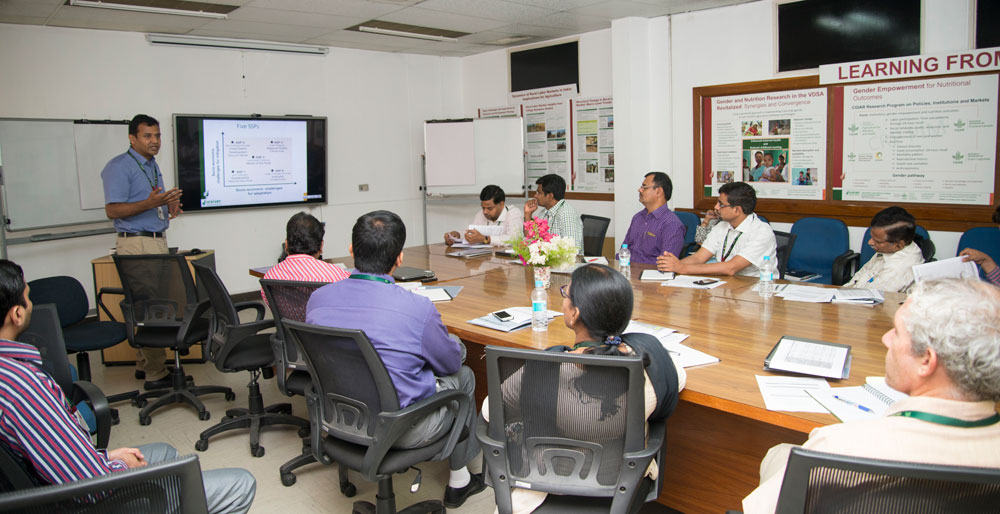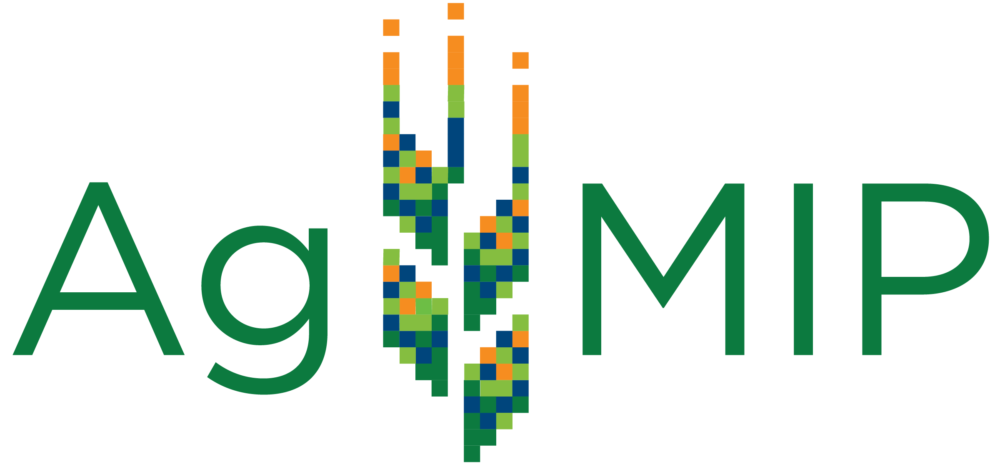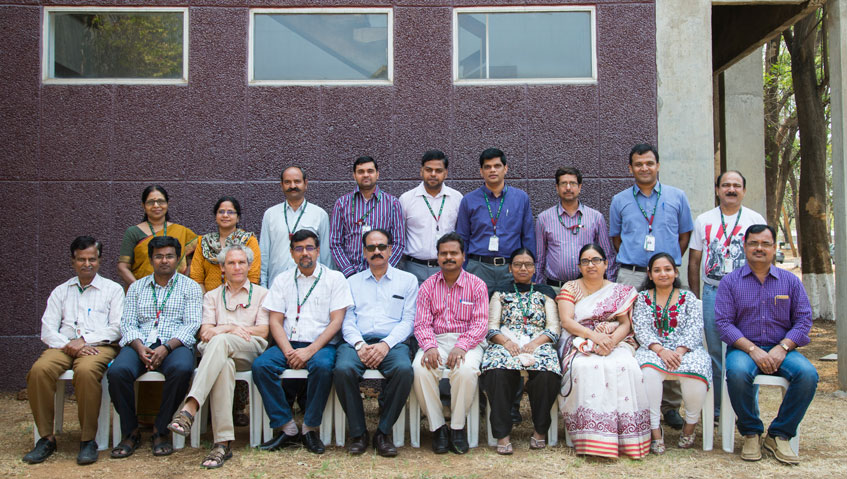By Dakshina Murthy
On 21st April 2016, the first Representative Agricultural Pathways (RAPs) workshop for the state of Andhra Pradesh (AP), India was held at the International Crops Research Institute for the Semi-Arid Tropics (ICRISAT), in Andhra Pradesh, India, and focused on the development of narratives and indicators for long-term agricultural changes in AP.
A group of 15 experts and stakeholders from diverse disciplines – crop breeding, crop physiology, agronomy, hydrology, sociology, crop modeling, economics, and soil science from ICRISAT, Regional Agricultural Research Station (RARS-Kurnool) and Department of Agriculture of AP State – participated in the workshop discussions with great enthusiasm. Following an introduction of AgMIP project by South India regional assessment team Swamikannu Nedumaran and Dakshina Murthy, Srinivasa Srigiri explained the concepts of pathways and scenarios and their relevance for development of agricultural pathways and integrated assessments of impacts. The stage was set for identifying the indicators for RAPs and development of narratives using the DevRAP tool.
Participants in separate groups brainstormed and debated the indicators for biophysical, technological, socio-economic, policy/institutional and infrastructural components of agricultural transformation. While debating the directions and magnitudes of changes across the multi-dimensional indicators in the context of SSP2 (Middle of the Road), considered as Business-As-Usual (BAU), participants observed that besides considering the present trends in various indicators, it is important to understand the recent trends in efforts of local/regional/national governments and their effects on the variables. Further, the discussions centered around the relevance of the datasets used for developing the baseline, points to be borne in mind for ensuring consistency across parameters based on SSP narratives while identifying variables/drivers of change for the development of RAP for the regional scale, methodology of downscaling of results from global scales to regional levels, linkages between/association of SSPs with RCPs, role of technology in the RAP development process, and issues of intergenerational equity.
The group work results were discussed in the plenary and the first version of Baseline RAP (under BAU scenario) for Andhra Pradesh was developed with consensus of participant experts. There was common agreement on the direction, and magnitude for most of the indicators identified among the participants. However, for some indicators such as water use efficiency of crop, forest cover, groundwater availability, use of fossil fuel & renewable energy in agriculture sector, disagreements did exist both on the direction and magnitude of change.
The participants at the workshop committed to further contributions to the RAP development process by reviewing, revising, and substantiating the pathways with evidences. The expert group agreed to meet again in two weeks to finalize the baseline RAP for AP and develop the same for other scenarios.

Multidisciplinary experts deliberate the drivers of agricultural pathways for Andhra Pradesh, South India

